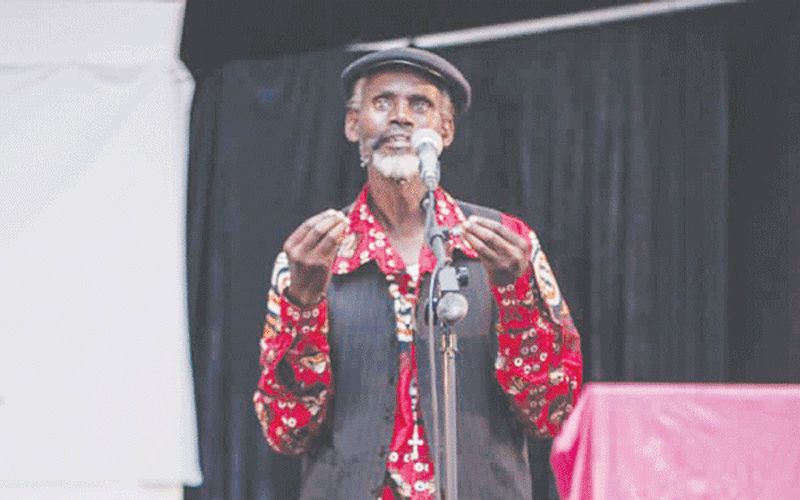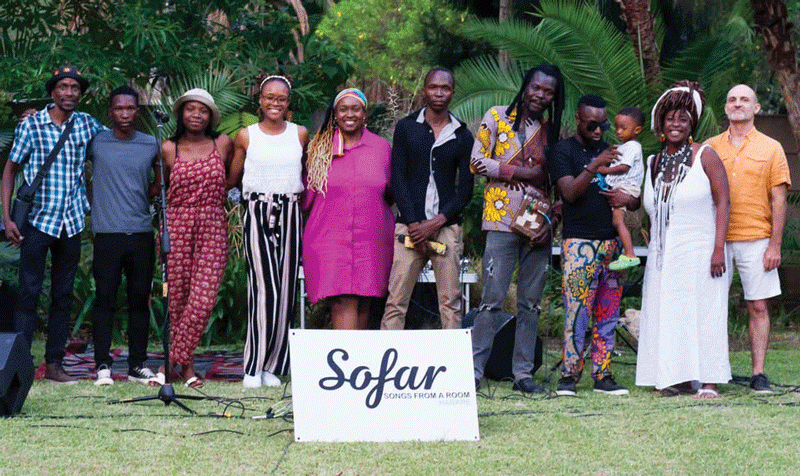
Shingirai Manyengavana, a rising creative force in Zimbabwe’s arts scene in collaboration with Jasen Mpepho Little Theatre, are set to unveil a session of a unique blend of spoken word, poetry and theatre focused on emotional awareness and expression through arts titled Makumi Matatu.
The event is scheduled for the second of November at the Jasen Mphepo Little Theatre in Harare.
It is the first of a bi-monthly series that aims to offer more than just entertainment, addressing vital themes of teen struggles, mental health, and self-reflection.
Makumi Matatu, is born from Manyengavana’s personal reflections as he turns 30.
The event blends spoken word, with a one-hander play to explore the complex emotional landscapes of young people.
As Manyengavana grapples with questions of achievement, life lessons, and future aspirations at 30, the event seeks to engage audiences in a deeper conversation around unexpressed emotions and personal growth.
“Poetry has always been a tool for self-expression and healing,” says Manyengavana.
“Makumi Matatu asks the question, ‘If not now, then when?’ It’s about creating a space where people feel safe to voice their unspoken thoughts and feelings, free from fear of judgement.”
The session's theme, Exploring the Unexpressed, reflects a growing demand for platforms that allow individuals to openly confront emotional and psychological challenges.
With mental health still a taboo subject for many, the session promises to break those barriers by allowing audiences to connect with the performers’ raw and authentic narratives.
The inaugural session will feature well-known poets Batsirai Chigama, Mambo Guramatunhu, Mwana waGidza, and I Eat Lemons, alongside Manyengavana’s own performances.
Each artist will bring their unique perspective to the stage, contributing to an atmosphere of reflection, emotional exploration, and healing.
As the event progresses, feedback from the audience will determine whether Makumi Matatu continues at its Harare home or takes the conversation to a wider audience through a nationwide tour.
For Manyengavana, this project is more than just a creative endeavour.
It represents a movement, one that he hopes will resonate with many Zimbabweans who have yet to find their voice.
“It’s about time we explored the feelings and experiences we often suppress,” he says.
“Through poetry, we can tap into those emotions and begin to heal," says Manyengavana.
Tickets for the inaugural session are already on sale, with expectations high for the ground-breaking format Manyengavana has created.










